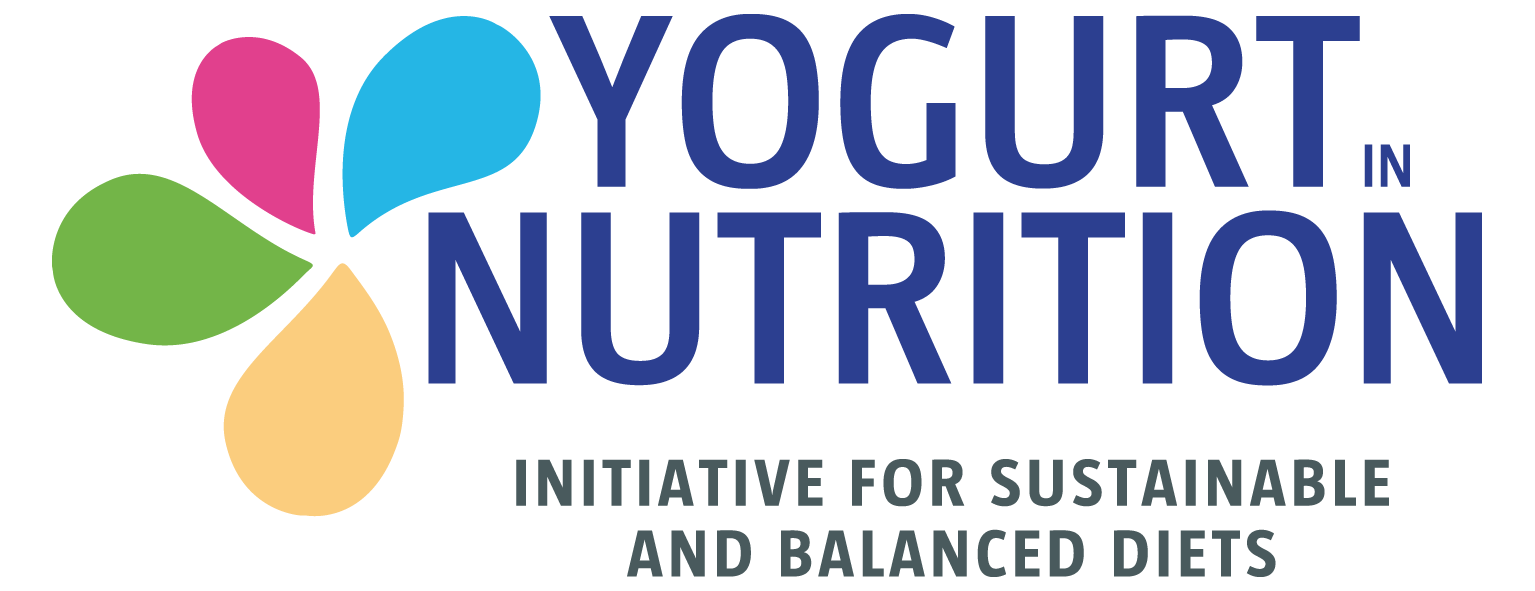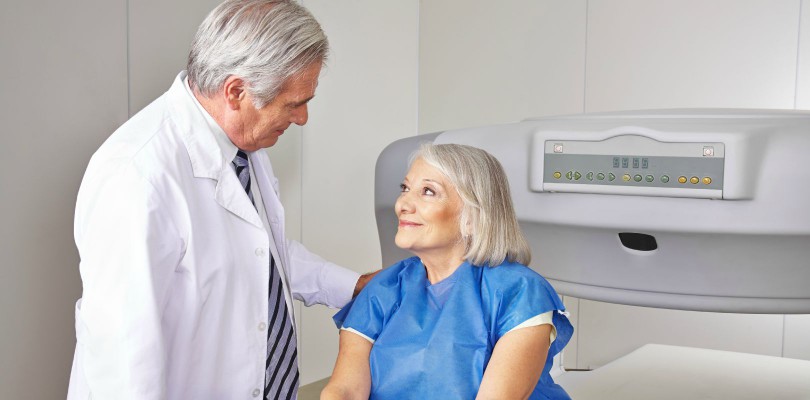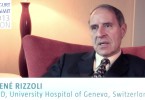When bones become thin and fragile, osteoporosis may occur. Over the age of 50, one of every three woman and one of every five men suffer from a fragility fracture due to osteoporosis. This disease most commonly affects wrists, spine and hip. Because of osteoporosis, fractures may cause long-term disability and less independence among elderly and increase the risk of premature death.
Bone-healthy nutrition
A balanced diet matters in preventing the risk for osteoporosis: Dairy products, such as milk and yogurt, contain high levels of calcium, vitamin D and protein for good bone and muscle health. One yogurt or a glass of milk contribute to your daily calcium requirements, by bringing you 25% of daily intake. Naturally, calcium recommendations differ from country to country. Adolescents need 1300 mg of calcium per day, whereas adults need 1000 mg/day and 1200 m/day for elderly.
Vitamin D contributes to calcium absorption from food in the intestines and bone mineralization. Fortified yogurt can stimulate daily intake of vitamin D and calcium. High-quality proteins in yogurt provide us essential amino acids, which benefits growth in childhood and adolescence and preserves bone mass while ageing.
Different needs according to the stage of life
As bone health starts already at the foetal stage, maternal nutrition may stimulate skeleton development. Bone building, size and strength is crucial during childhood and adolescence, when half of our bone mass is accumulated. Milk products provide up to 80% of dietary calcium in children. At this stage, nutritional intake and physical activity support bone health in adulthood.
Around the age of 40, we no longer replace bone tissue as quickly as we lose it. Yogurt consumption reduces the risk of calcium and vitamin D deficiency in adults. Seniors need bone thinning prevention and preservation of the muscle function to reduce the risk of falls and fractures. Because malnutrition is common among elderly, fortified yogurt can stimulate vitamin D and calcium intake.
Reference: International Osteoporosis Foundation, patient brochure WOD 2015, pp. 1-23.





